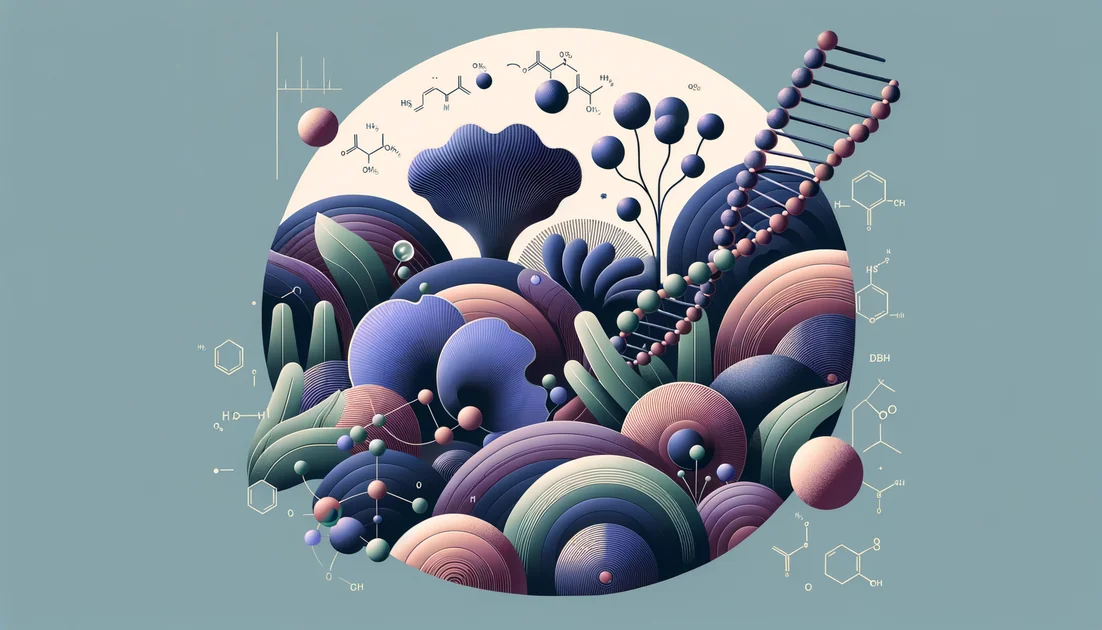
Bitter, Bright, and Patient: When Reishi's 2,000-Year Myth Meets 12-Week Science
Tap a mature reishi and it answers with a woody knock—"like a door," one researcher said. Once reserved for emperors and painted into silk scrolls, this lacquer-red mushroom promised long life to those patient enough to boil its bitter flesh. Today, instead of palaces and scrolls, it meets randomized trials, lab flow cytometers, and the sobering fine print of supplement labels. What survives this crossing from myth to measurement?[2][1]
- Evidence
- Promising
- Immediate Effect
- No → 4–12 weeks
- Wears Off
- Partially within 2–4 weeks after stopping (e.g., immune changes returned toward baseline).
From immortality icon to bedside companion
Reishi—lingzhi in Chinese—was classed as a "superior" remedy in early pharmacopeias, a tonic to ease the mind and steady breath. In later texts it's suggested for dizziness, insomnia, palpitations, and cough; its fame likely swelled because wild fruiting bodies were rare and precious, the province of nobility until cultivation arrived centuries later.[1] Even its sound carries lore: "If you tap on it, it sounds like a door knock," recalls biochemist Iris Benzie, who has studied reishi for years.[2] What happens when this cultural symbol steps under clinical lights?
What the better trials actually show
Think of reishi's signature fibers—the beta-glucans—as training manuals for your immune sentries. In 2023, a double-blind, placebo-controlled trial in healthy adults fed a purified reishi β-glucan daily for 12 weeks. At the end, T-cell counts and natural killer (NK) cells were higher, and NK cells hit targets more efficiently, without liver or kidney safety signals. It didn't make people "invincible," but it did nudge the immune orchestra toward fuller sound.[4] Fatigue and frayed nerves are where clinical signals appear most consistently. In a randomized, double-blind study of patients diagnosed with neurasthenia—a syndrome of exhaustion and poor well-being—an eight-week polysaccharide extract (Ganopoly) beat placebo on global improvement and fatigue scores.[3] A small pilot in breast-cancer patients on endocrine therapy found four weeks of reishi spore powder was linked to less fatigue and anxiety and better quality-of-life scores, alongside drops in inflammatory markers. No serious adverse events were reported.[7] Reishi has also brushed against urology. In men with mild lower urinary tract symptoms, a 12-week, low-dose ethanol extract that inhibits the enzyme driving prostate enlargement modestly improved symptom scores over placebo.[5] By contrast, when reishi (with or without cordyceps) was tested for metabolic syndrome in people with type 2 diabetes over 16 weeks, blood sugar and other risk markers didn't improve—an important reminder that not every promised benefit survives contact with data.[6]
A useful paradox: calm mind, alert defenses
How could a mushroom long used to settle sleep also stir immune readiness? The answer lives in compartments. Beta-glucans interact with gut-side immune cells (think of a border crossing) and prime NK cells—the body's rapid-response unit—to better recognize stressed cells.[1][12] In lab work, reishi extracts increased NK-cell "weapon release" (perforin and granulysin) and switched on the recognition hardware required to find targets.[12] Meanwhile, traditional use for rest aligns with clinic signals in fatigue and well-being—less a sedative "knockout" than a slow to equilibrium.[3][1]
The label surprise hiding in plain sight
Here's the twist modern mycologists uncovered: many products labeled "Ganoderma lucidum" aren't that species at all. DNA testing of commercial reishi found frequent substitution—often with the closely related G. lingzhi—highlighting how tangled names, cultivation practices, and extraction methods can make two "reishi" jars quite different inside.[13] Quality experts have urged the industry to do better: "Only 26.3% of the tested products were found to be authentic—this suggests a need for improved quality control," notes Stefan Gafner, PhD, of the American Botanical Council.[14] For you, that means purchase choices matter as much as dose.
Real-world edges: when caution tells a story
Safety data from short-term trials are reassuring: four weeks of 1.5 g/day reishi in healthy volunteers didn't impair clotting, despite older in-vitro concerns about platelet effects.[11] Still, rare but real case reports exist. A 2005 report described fulminant hepatitis associated with reishi powder; other isolated cases—sometimes involving premixed coffee products or heavy alcohol use—have been published. Most resolved after stopping the product.[9][10][8] Such events are uncommon relative to global use, but they argue for sourcing transparency, moderation, and care if you have liver disease or drink heavily.[8]
How people actually use it (and what to look for)
The tradition is a long simmered tea; modern use is usually standardized extracts from the fruiting body (rich in bitter triterpenes and polysaccharides), spores (different profile), or isolated β-glucans. In trials that showed benefits, time mattered: 4–12 weeks was typical.[3][4][5][7] A practical starting plan many clinicians use (translate to your product's label):
Choose third-party–tested products that disclose species (G. lucidum vs G. lingzhi), plant part (fruiting body vs mycelium), and beta-glucan percentage. Independent analyses have found widespread substitution; labeling clarity helps you avoid surprises.[13][14]
For general fatigue/quality-of-life support, studies used polysaccharide-rich extracts for about 8 weeks; expect gradual effects, not overnight shifts.[3]
For immune "tuning," the β-glucan study ran 12 weeks. Consider reishi a training program, not a jolt.[4]
For urinary symptoms, the effective extract was ethanol-based and low-dose but taken consistently for 12 weeks; don't extrapolate this to every product.[5]
Safety notes specific to reishi:
If you use anticoagulants/antiplatelets or have bleeding disorders, talk with your clinician; one controlled trial found no clotting impairment, but caution is prudent.[11]
If you have liver disease or drink heavily, avoid premixed "energy" products and monitor for symptoms like jaundice or dark urine; rare case reports exist.[8][10]
What's next
Reviews in 2024–2025 point to new angles—neuroprotection, weight regulation, even hair biology—while calling for standardized extracts, species authentication, and patient-centered outcomes. The field is moving from "Which reishi?" to "Which extract, for whom, and how long?"[15][16]
A bitter tea that asks for weeks, not days. Reishi's modern story isn't immortality; it's patience—tiny cellular nudges accumulating into felt changes, provided the jar matches the label and the dose meets the calendar.
[1]: Wachtel-Galor S, Yuen J, Buswell JA, Benzie IFF. Ganoderma lucidum (Lingzhi or Reishi). In: Herbal Medicine: Biomolecular and Clinical Aspects. 2nd ed. 2011. NCBI Bookshelf.
[2]: Time magazine interview with Iris Benzie describing reishi's texture and preparation. 2016.
[3]: Randomized, double-blind trial of Ganoderma polysaccharide extract (Ganopoly) in neurasthenia showing improvements in fatigue and global ratings over 8 weeks. 2005.
[4]: 12-week randomized trial of purified reishi β-glucan in healthy adults: increases in T cells and NK cells; good tolerability. 2023.
[5]: Double-blind trial of ethanol extract in men with lower urinary tract symptoms improving IPSS vs placebo over 12 weeks. 2007.
[6]: Double-blind trial in type 2 diabetes/metabolic syndrome showing no benefit on glycemic or secondary risk markers. 2016.
[7]: Pilot randomized trial of reishi spore powder reducing cancer-related fatigue and anxiety in breast-cancer patients on endocrine therapy; 4 weeks. 2012.
[8]: LiverTox monograph: reishi/lingzhi is a possible, very rare cause of clinically apparent liver injury; most cases resolve when stopped.
[9]: Case report of fatal fulminant hepatitis associated with reishi powder. 2005.
[10]: 2023 case report: acute hepatitis after reishi powder with heavy alcohol use; resolved after cessation.
[11]: 4-week randomized trial in healthy volunteers: reishi did not impair hemostasis or platelet function. 2005.
[12]: Laboratory study: reishi water extract boosts NK-cell attack readiness by increasing recognition receptors and cytotoxic proteins. 2013.
[13]: Frontiers in Microbiology DNA study: many commercial "reishi" products contain a different Ganoderma species than labeled. 2018.
[14]: USP-linked analysis summarized by NutraIngredients-USA; quote from Stefan Gafner, PhD, on low authenticity rate and need for QC. 2017.
[15]: 2024 review summarizing >400 bioactives and emerging applications; calls for standardized research. 2024.
[16]: 2020 RSC Advances review including archaeological evidence of Neolithic-era Ganoderma and broad traditional uses; highlights taxonomy and standardization needs. 2020.
Key takeaways
- •Reishi's β-glucans act like training cues for immune cells, with 12-week use improving T-cell subsets and NK-cell activity in healthy adults.
- •Clinical signals tend to appear after 4–12 weeks: fatigue and quality-of-life with polysaccharide-rich extracts; immune metrics with purified β-glucans; modest urinary symptom relief with concentrated ethanol extracts.
- •For best results, match the product to the study style (polysaccharide-rich vs ethanol extract) and take it consistently for at least 8–12 weeks.
- •Ideal for people seeking steadier energy and mood under stress, or gentle, training-like immune support over time; men with mild urinary symptoms may see modest benefits.
- •Cautions: consult a clinician if using anticoagulants/antiplatelets or with liver disease/heavy alcohol use; rare hepatotoxicity has been reported despite normal labs in a controlled trial.
- •Traditionally taken in the evening, but timing matters less than daily consistency—the "patient calendar" is part of the effect.
You might also like
Explore more of our evidence-led investigations, comparisons, and guides across every article style.
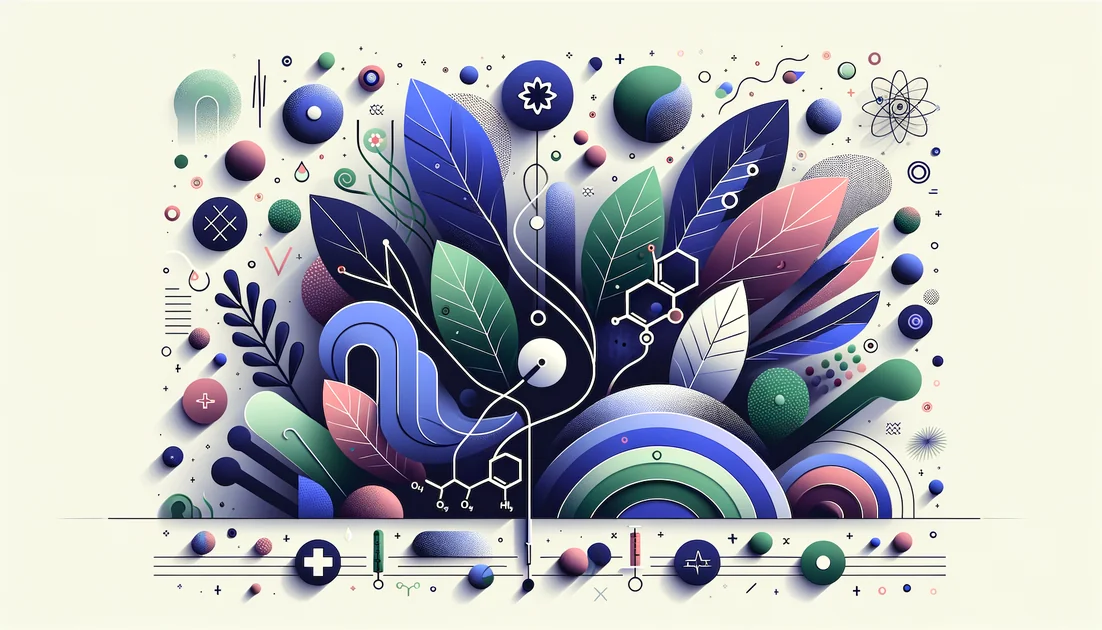
Designs for Health (DFH)
Practitioner-grade manufacturing power with a transparency blind spot: the real story of Designs for Health supplements
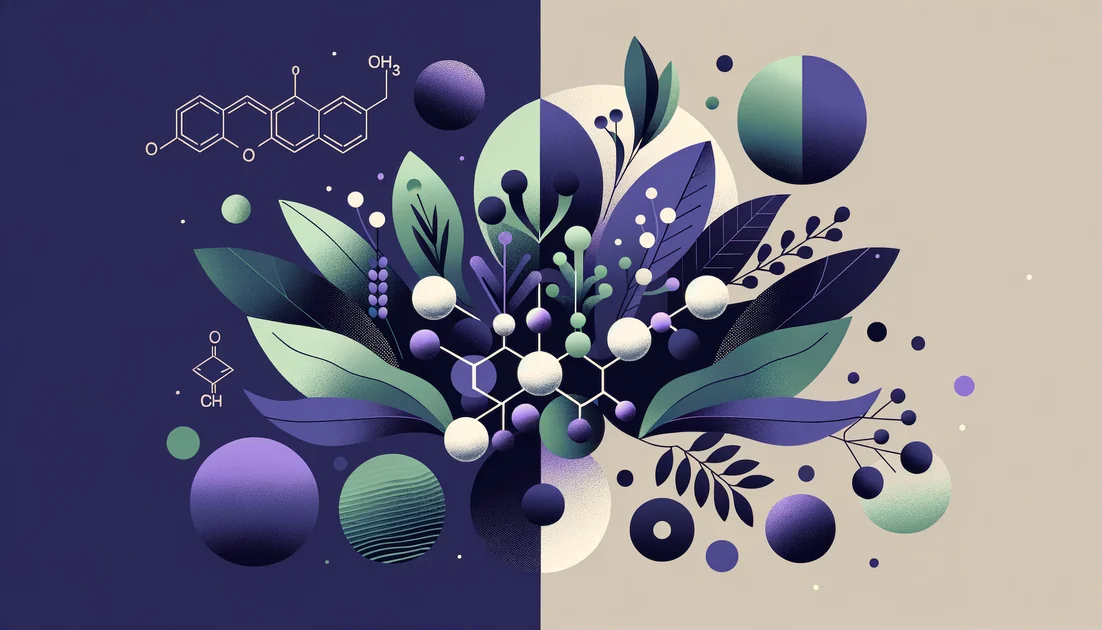
TMG (betaine anhydrous; trimethylglycine) vs Betaine HCl (betaine hydrochloride)
Pick TMG if your goal is methylation/homocysteine support; pick Betaine HCl only for short-term gastric acid support (e.g., with pH-dependent drugs) and ideally under clinician guidance. [3][1][2][10][11]
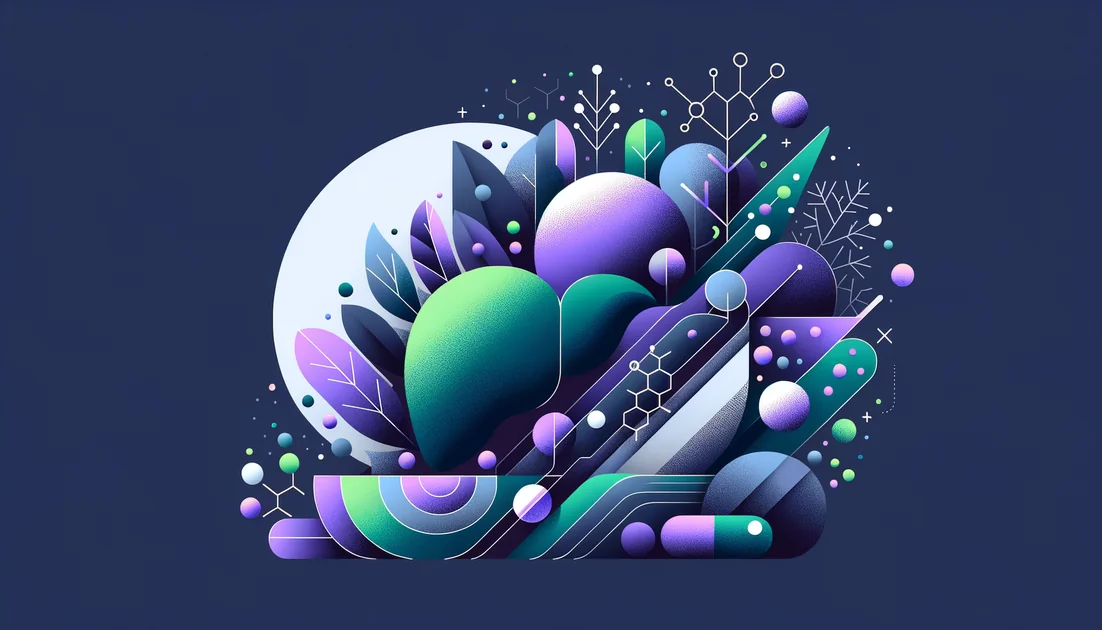
Best for Fatty Liver (NAFLD/MASLD and NASH)
Omega-3s (EPA/DHA)
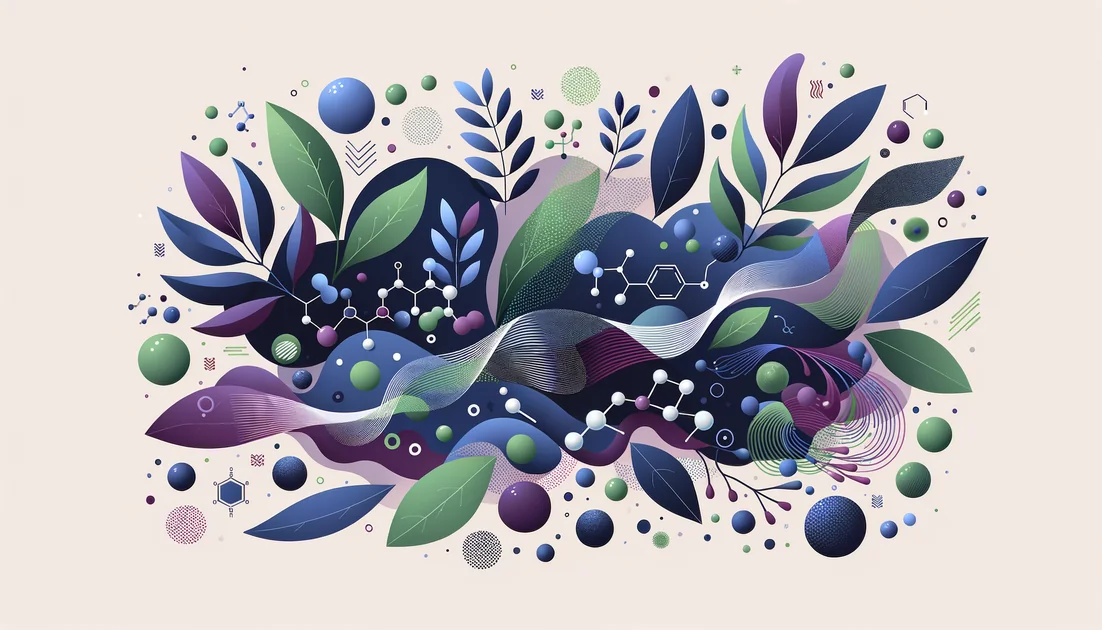
Butyrate
Butter's sour note led a 19th-century chemist to a molecule that, two centuries later, turns out to be one of the colon's favorite fuels—and sometimes a brake on cancer.
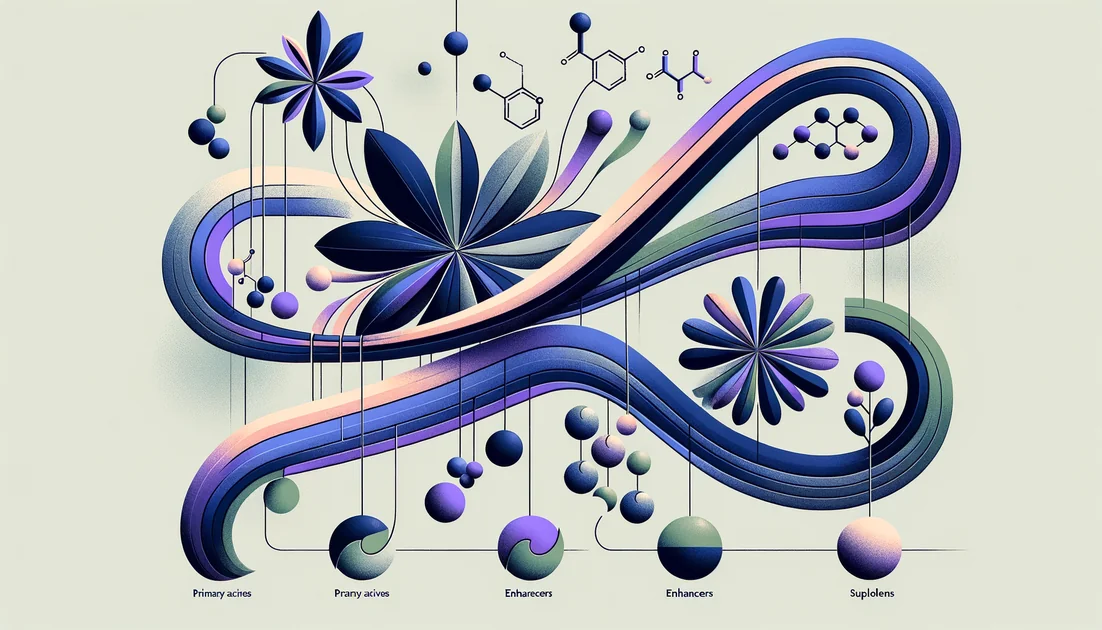
Memory Stack With Real Clinical Data
Dual-core, theoretical synergy: both work on their own; together looks additive with plausible complementarity, but no direct human A+B head-to-head proof yet.

Tocotrienols
The stealthier cousins of vitamin E—built with springy tails that move differently in cell membranes and behave differently in your body.


